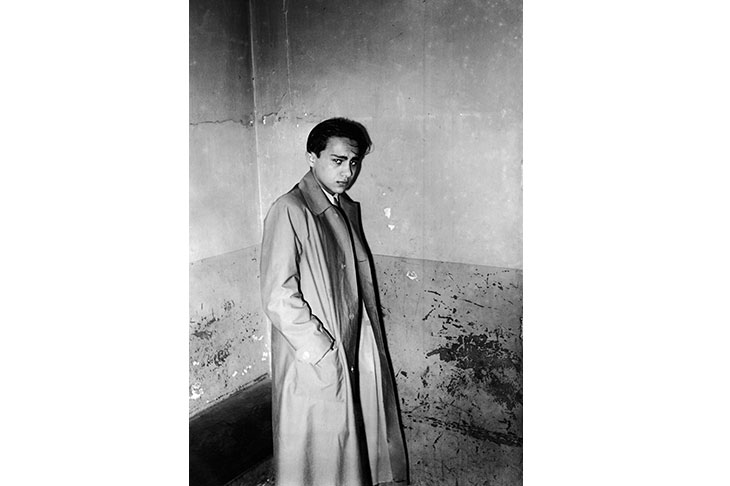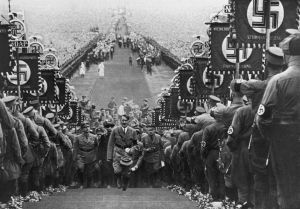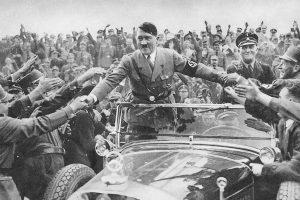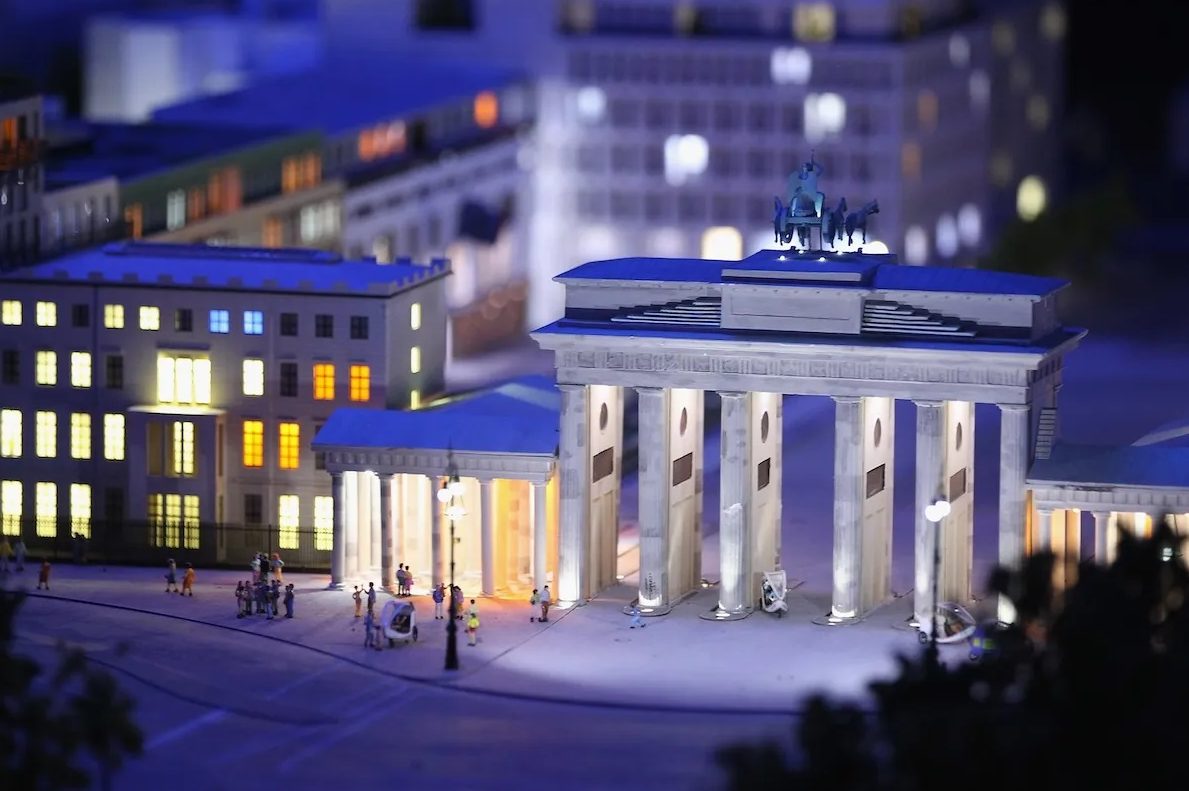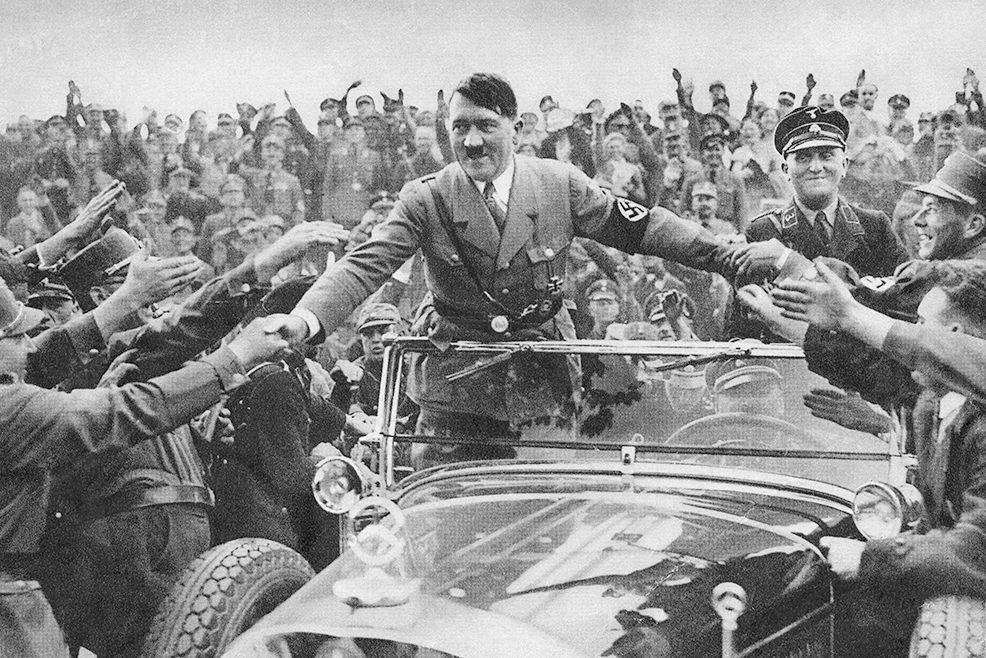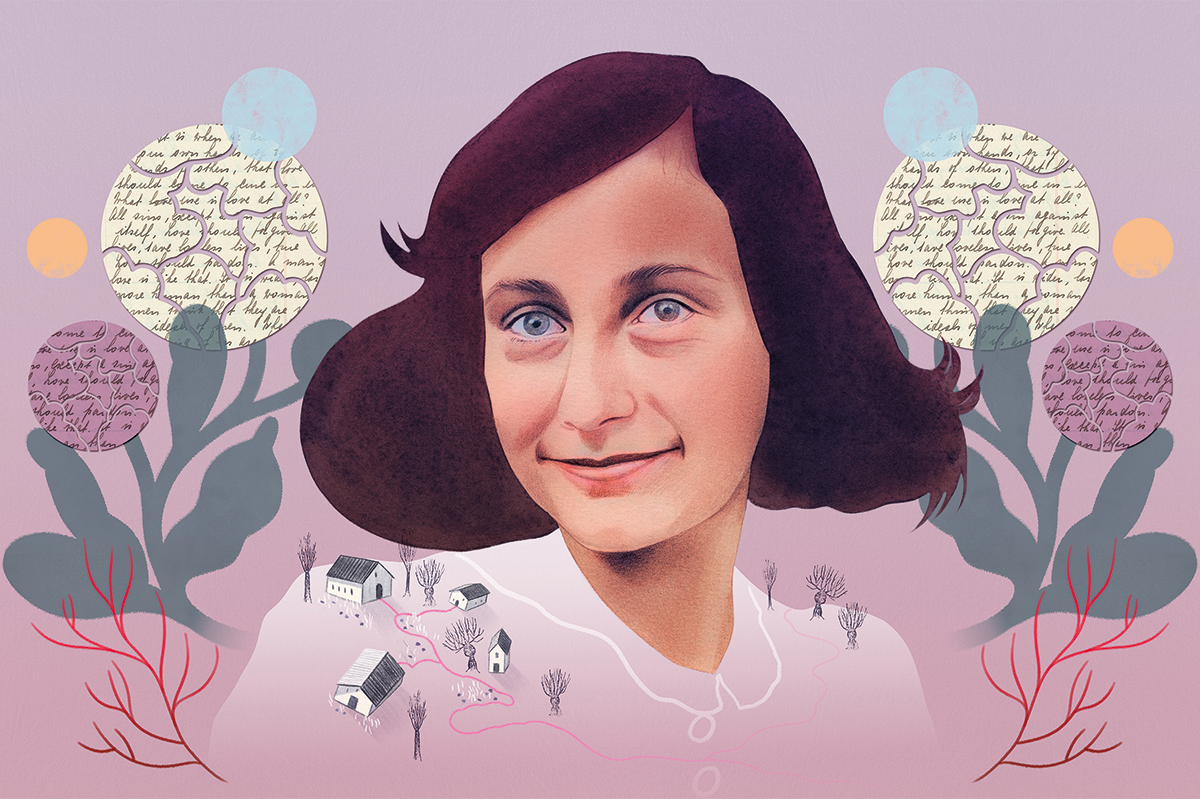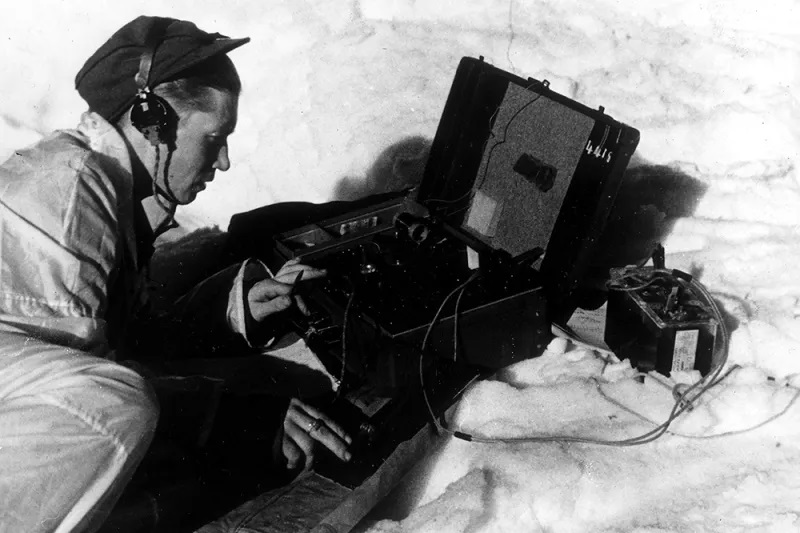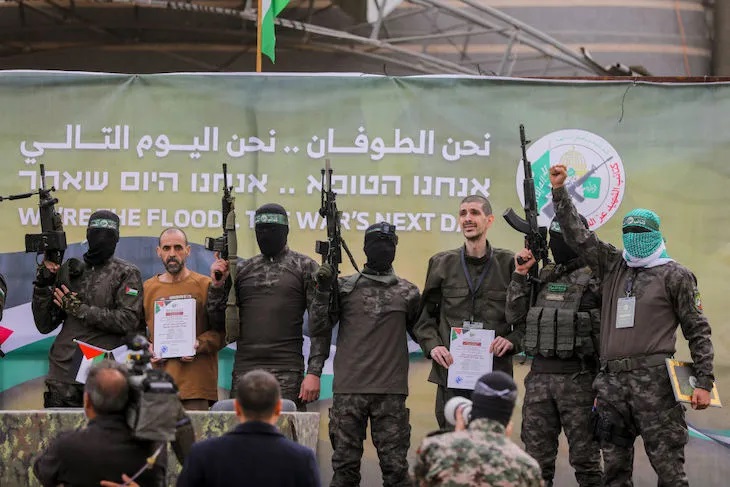On November 7 1938, the 17-year-old Herschel Grynszpan walked into the German embassy in Paris. Claiming to have secret papers, he was shown into the office of an embassy secretary, Ernst vom Rath. Drawing a tiny revolver — the price tag still attached from that morning’s purchase — he fired five shots, shouting: ‘You’re a filthy Kraut, and in the name of 12,000 Jews, here is your document.’ Two of the bullets struck Vom Rath, who died two days later.
The previous month, close to 18,000 Polish German Jews had been dumped by train on the Polish border. Among those rounded up in Hanover for the Aktion were Grynszpan’s family: his parents Sendel and Rivka, his brother Mordecai and his sister Berta. Herschel himself had been sent to Paris two years earlier by his parents for his own safety, and lived there with his aunt and uncle, in Casablanca-esque limbo, along with some other 50,000 refugees from Nazi persecution.
Both Goebbels and Hitler saw Vom Rath’s murder at the hands of an exiled German-Polish Jew as an excellent propaganda opportunity. The news had reached them on the afternoon of November 9, while they were presiding over the squalid pomp of Nazi rallies in Munich, commemorating several inauspicious anniversaries: the Kaiser’s abdication in 1918; the Munich Putsch of 1923; and the ersatz Nazi birthday, the ‘Movement Day Banquet’. Hitler slipped away from the celebrations, leaving Goebbels to whip up the mob, using the news of Vom Rath’s death as proof of a Jewish conspiracy against the Reich. It was the spark that ignited the evil spree of the next few days: Kristallnacht.
Incarcerated in Paris, facing a murder trial and the guillotine, Grynszpan was appalled by the evil that flowed from his rash act of revenge: ‘God, oh my God!’, he wrote from prison, ‘I did not want that. Is this the price for the act of one desperate, foolish man like me?’
Stephen Koch’s book vividly describes the sordid, compromised world of 1930s Europe after the Munich agreement of September 1938, especially the attempts by France both to appease and resist the baleful Nazi threat. There are many fine cinematic set-pieces. The book starts with a queasy moral lurch. Returning from Munich, the discouraged French premier Édouard Daladier expected to be booed by the crowd awaiting him at Le Bourget airport. To compose himself, he ordered the pilot, agonizingly, to circle repeatedly before landing. To his surprise, these maneuvers were seen as victory laps from the ground. As he paraded his capitulation to the crowd, he remarked to an aide: ‘The fools.’
But Koch chiefly brings the lone, frail, adolescent Herschel back to life, as he comes to terms with his hot-headed act of resistance and understands that he has become a pawn of Nazi anti-Semitic propaganda. The French government prevaricated over the trial. If Herschel were to be found guilty, anti-Nazi opinion would be inflamed. If innocent, then Hitler would be enraged. In any event, the trial was derailed by the invasion of France in June 1940. Herschel was shuttled from town to town as the legislature fled south, before being seized by a Gestapo snatch squad and transported in July to the cells beneath the notorious Nazi headquarters on Prinz-Albrecht Strasse in Berlin.
Grynszpan soon realized that he was being kept alive — ‘the safest Jew in Germany’ — to appear as star defendant at a grotesque Nazi show trial, so proving to the world that the Jews had started the second world war and posed an existential threat to the German people. Just as Vom Rath’s death had prepared the ground for Kristallnacht, Goebbels, that pockmarked dramaturge, planned for Grynszpan’s presence and testimony to serve as a ludicrous, diabolical cover for the oncoming Holocaust.
But Grynszpan was determined not to be the Nazis’ patsy for the second time, and plotted from his confinement to foil the show trial. Whereas he’d initially craved notoriety in Paris, this time he sought ignominy and obscurity. He revived a previously discarded defense strategy that had been proposed by his French lawyer, to bring shame on Vom Rath and the Nazis: that the killing had been a sordid gay love affair gone wrong. It cast a shadow over proceedings, and in May 1942 Hitler ordered the trial to be permanently suspended. With that, Grynszpan fades from history, and disappears into the chaos of the war’s end.
Koch has done great service to his memory, with this tale of revenge, remorse, subterfuge, and the stubborn courage of one teenage boy determined to outwit the Nazis’ plans for him. In a powerful book about justice, outrage and the preservation of truth, perhaps the most affecting account is by Herschel’s father, Sendel Grynszpan. He was the first person to give testimony at Adolf Eichmann’s trial in Israel in 1961. (Eichmann himself interviewed Herschel in Berlin in 1942, before the show trial was abandoned.) Sendel gave a simple, devastatingly moving statement of the family’s expulsion in October 1938 to the Polish border:
When we got to the border we were searched. We were only allowed to take 10 marks: any excess was confiscated. That was German law, we were told: you didn’t have more than that when you arrived in Germany, and you can’t take any more with you now. We were kept under guard and not allowed to communicate with anyone. The SS told us we would have to walk the two kilometers to the border. Those who couldn’t walk were beaten until the road was wet with their blood. Their baggage was taken away. They were dealt with cruelly and barbarously. It was the first time I realized how barbarous the Germans really are. They made us run, while they shouted: ‘Run! Run!’ I was struck down along the roadside, but my son Marcus took me by the hand and said, ‘Come on Papa run. They’ll kill you if you don’t.’
Hannah Arendt was there to hear Sendel’s account, and its ‘shining honesty’ affected her deeply. ‘The story took perhaps 10 minutes to tell,’ she wrote, ‘and when it was over… one thought foolishly: Everyone, everyone should have his day
in court!’
This article was originally published in The Spectator magazine.



